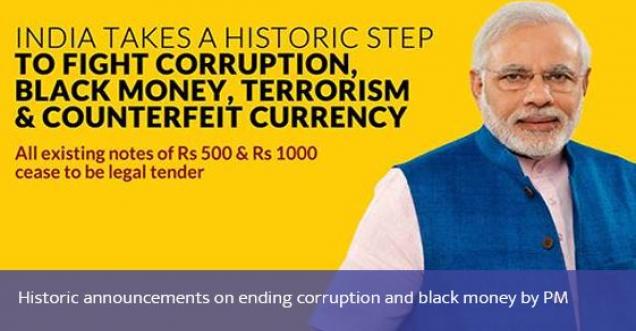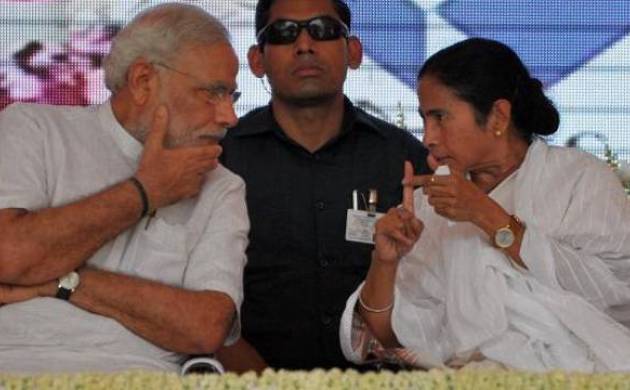The Finance Ministry has declined to share copies of three reports on the quantum of black money held by Indians inside the country and abroad, saying they were being examined by a Parliamentary panel and disclosing details will cause a breach of privilege of the House.
These reports were submitted to the government more than four years ago.
The UPA government had commissioned in 2011 the studies by the Delhi-based National Institute of Public Finance and Policy (NIPFP) and the National Council of Applied Economic Research (NCAER), and the National Institute of Financial Management (NIFM) in Faridabad.
Replying to an RTI query, it said the study reports of the NIPFP, NCAER and NIFM were received by the government on December 30, 2013, July 18, 2014, and August 21, 2014, respectively.
“The reports and government’s response to it have been forwarded to Lok Sabha secretariat for placing them before the Standing Committee on Finance,” the ministry said.
The Lok Sabha secretariat has informed that the same has been placed before the committee which will examine it, it said in a reply to an RTI application filed by PTI correspondent.
It denied to share the copies of these reports, saying the disclosure would cause breach of privilege of Parliament and, therefore, the information sought is exempt from disclosure under Section 8 (1) (c) of the Right to Information (RTI) Act.

carton thanks to Satish acharya
The section bars information, “the disclosure of which would cause a breach of privilege of Parliament”. The reports were submitted to the panel on July 21, 2017.
There is, at present, no official assessment on the quantum of black money in India and abroad.
According to a study by US-based think-tank Global Financial Integrity (GFI), an estimated USD 770 billion in black money entered India during 2005-2014.
Nearly USD 165 billion in illicit money exited the country during the same period, the latest report by the global financial watchdog said.
“The issue of black money has attracted a lot of public and media attention in the recent past. So far, there are no reliable estimates of black money generated and held within and outside the country,” the Finance Ministry had said while ordering the studies in 2011.
These estimates were based on various unverifiable assumptions and approximations, it had said.
The Terms of Reference (ToR) for the studies included the assessment or survey of unaccounted income and wealth, and profiling the nature of activities engendering money laundering both within and outside the country.
The studies were to identify, among other issues, important sectors of the economy in which unaccounted money was generated and examine the causes and conditions that resulted in the generation.









